Reimagining 21st Century Philanthropy
Here’s a mantra for reimagining 21st century philanthropy: we can’t solve today’s problems with yesterday’s logic.
Although the basis of 20th century American philanthropy was citizen altruism, a combination of top down management and exclusive grant making made possible its achievements. But do the 20th century practices of funding organizations meet the grassroots needs of diverse 21st century communities?
It would seem not.
In a report based on a survey of 235 non-profit organizations, researchers found that few funders have a deep understanding of the needs of the intended beneficiaries of their services. The report, Hearing from Those We Seek to Help: Nonprofit Practices and Perspectives in Beneficiary Feedback, revealed that nonprofit leaders feel foundations do not understand nonprofit funding priorities and program strategies. What is needed, the findings suggest, is active engagement, humility, transparency and collaboration.
Ambassador James Joseph, former U.S. ambassador to South Africa and former president of the Council on Foundations, recognized these issues in thought-provoking remarks at a recent international conference of community foundations. Joseph characterized life in the 21st century as positioned “between two worlds: an old order that is dying but not yet dead, and a new order that is conceived but not yet born.” In these times of transition, communities are “integrating and fragmenting at the same time.”
Serving these convulsing communities requires imagination and innovation that go beyond grant making.
Ambassador Joseph challenges every community foundation to reimagine itself, moving from a “grant maker to social enterprise that strategically deploys not just financial capital, but social, moral, intellectual and reputational capital.”
What does this mean?
While financial capital is the necessary first asset of foundations, it is not sufficient. Social capital, defined as networks, norms, social trust and voluntary cooperation for social benefit, must follow. And 20th century charity and philanthropy did marshall financial and social capital to enhance civil society.
But Ambassador Joseph’s vision of 21st century philanthropy extends beyond financial and social capital. He introduces three additional forms: moral, intellectual and reputational capital.
Moral capital is the storehouse of values. It is not enough to disburse grants without addressing issues such as equity and inclusion. Intellectual capital is the recognition that knowledge must supplement networks as we search for innovative solutions to problems our 20th century philanthropist-forbearers could only imagine.
Finally, reputational capital, refers to the “good name” of an organization and the trust we place in it. Reputational capital can act as collateral for those who are marginalized, inviting them to become engaged and active participants, not passive recipients, in plans and programs designed to improve their lives.
Financial capital delivers greater impact when the other four forms of capital — social, moral, intellectual and reputational — are integrated into philanthropic strategies. And that means looking for the common ground that underpins communities. To Ambassador Joseph respect for differences is a prerequisite for making a community. People must feel they belong — that “their traditions are respected and their contributions appreciated and recognized.”
Diversity need not divide. Pluralism is a benefit not a burden. A fear of differences is a fear of the future. — Ambassador James Joseph
Diverse populations will find it difficult to embrace the larger community in which they function until there is respect for their primary community of identity. This is true for women and girls, for first generation students, for children born into poverty. Ambassador Joseph firmly believes that “when that which was their problem becomes our problem, there is a new connectedness and new forms of community are possible.”
Many 21st century citizens around the globe are moving beyond charity to engage in a new philanthropy. And community foundations and their non-profit partners have a leading role to play in birthing new forms of capital to support and inform philanthropy. The work of the New York Women’s Foundation to support nascent entrepreneurship among immigrant women is just one example. The Foundation listened to diverse members of the community, made use of multiple sources of knowledge, and staked its reputation on the allocation of resources for small start-ups.
Ambassador Joseph ended his remarks with a reference to the famous Czech philosopher and president, the late Vaclav Havel, who said the gift of hope is as big a gift as the gift of life itself. Havel ultimately came to believe that abstract hope was not enough. In his 1979 manifesto of communist dissent, “The Power of the Powerless,” Havel wrote about the spiritual suffocation from daily acts of acquiescence that occurs when people accept things the way they always have been. He believes that new ways of thinking form “spheres of truth” that precipitate real change.
Real change is possible when we reimagine ourselves as philanthropists and stop trying to solve today’s problems with yesterday’s logic.
If you liked this blog, take a look at Focus on Women and Girls

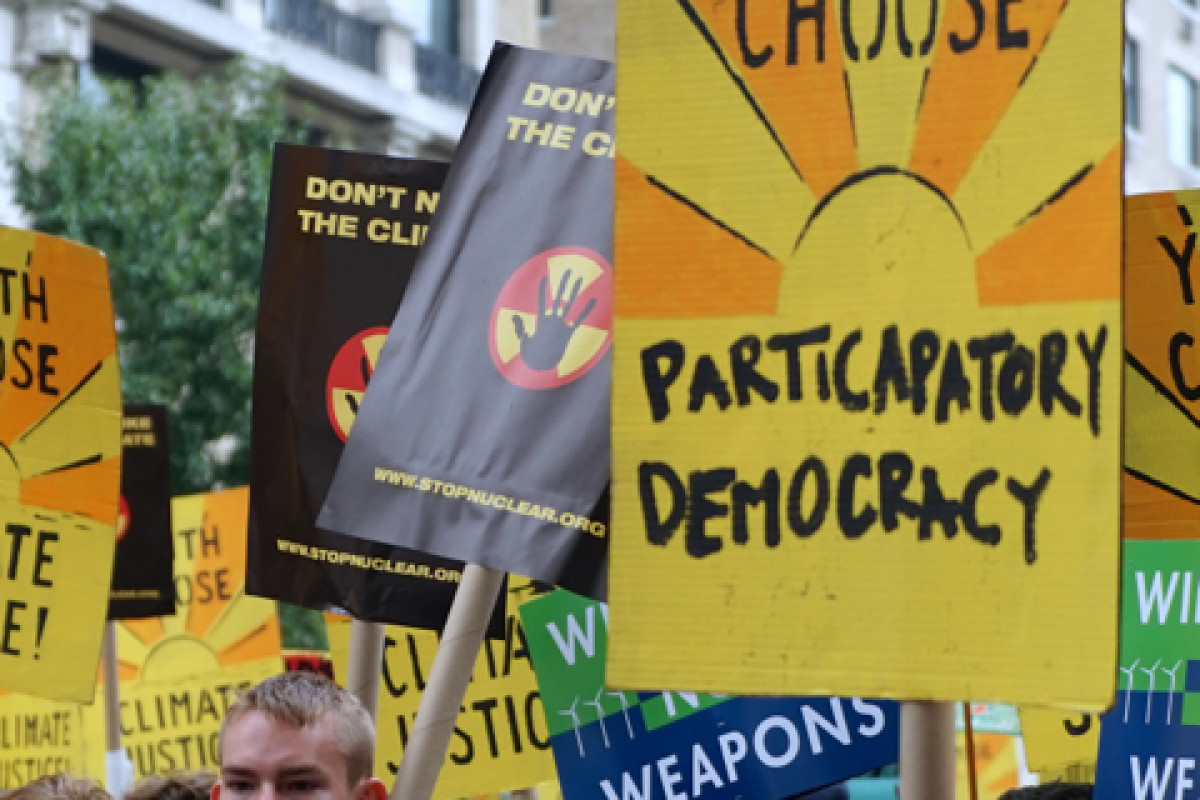



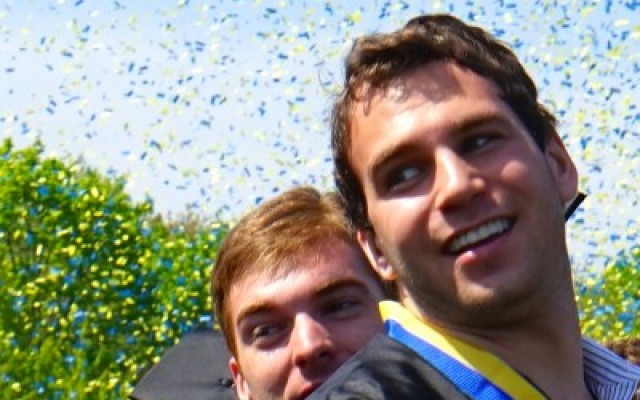
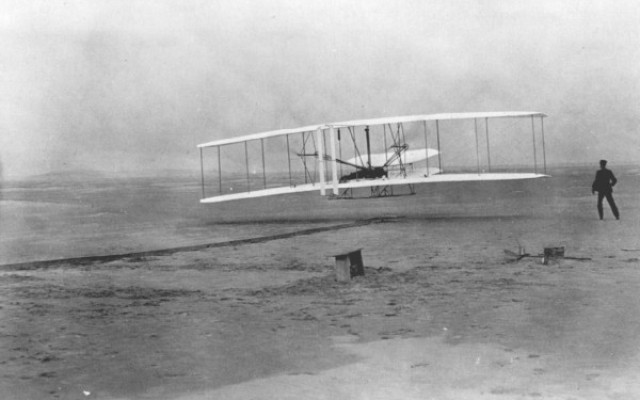

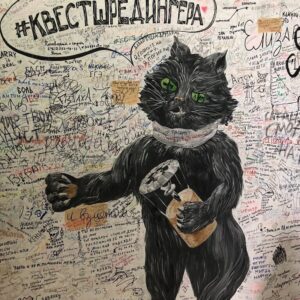
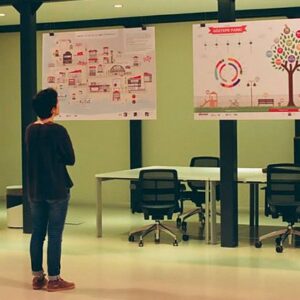
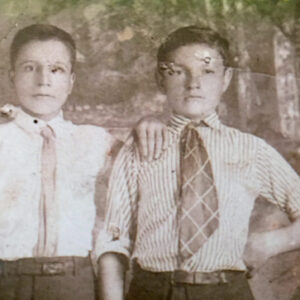



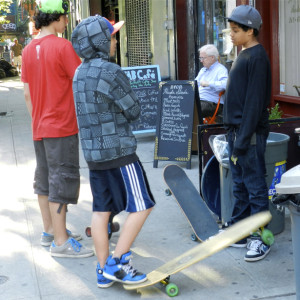
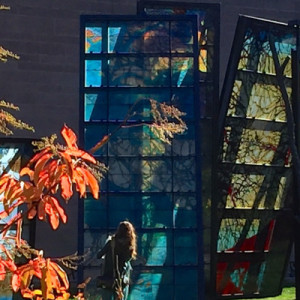
No Comments Yet!
You can be first to comment this post!